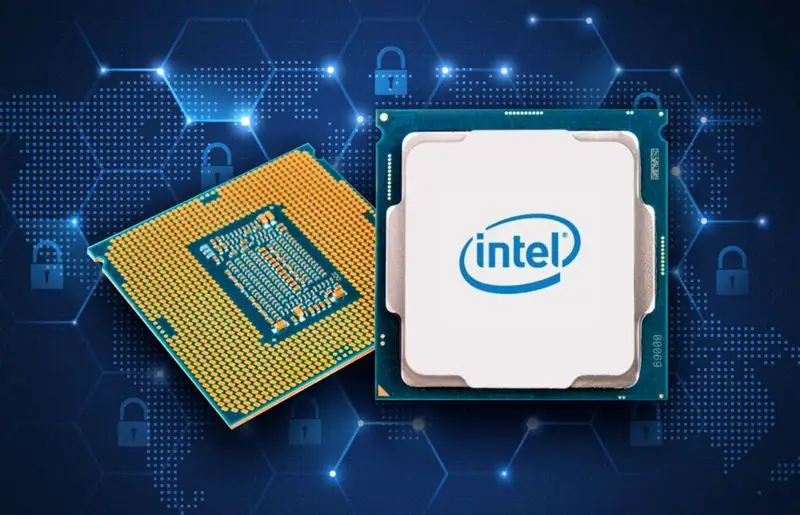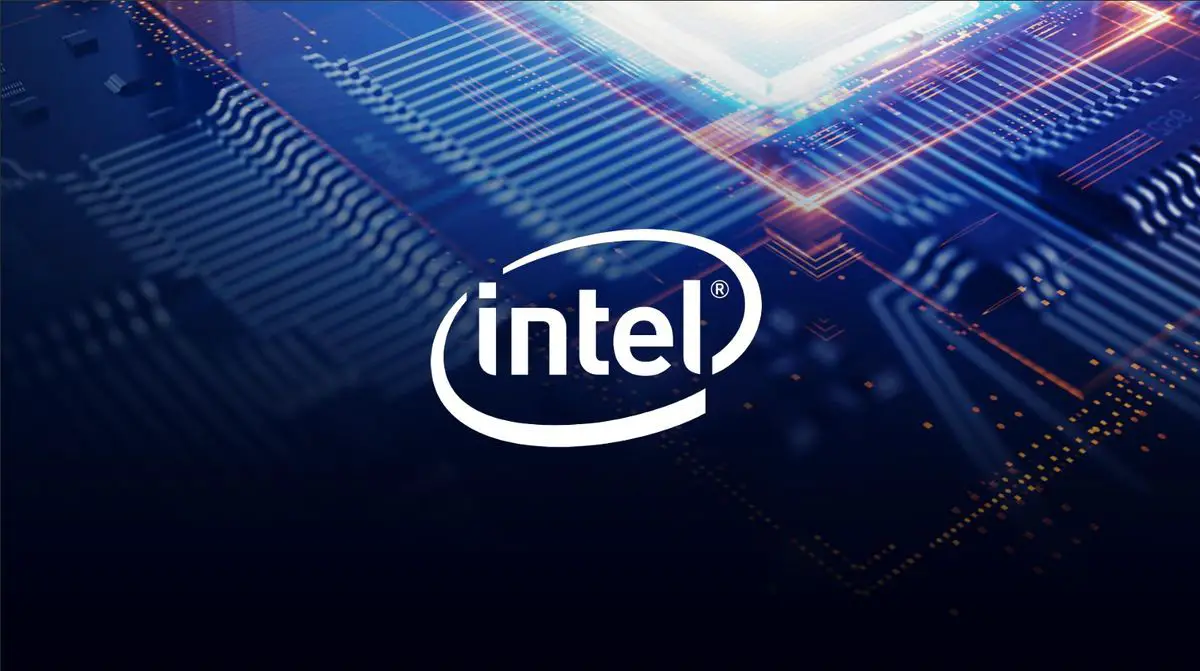A Texas jury has ordered Intel to pay $2.18 billion for infringing two patents that describe mechanisms for minimizing chip power consumption.
Intel to pay $2.18 billion for patent infringement to VLSI
The patents belong to VLSI Technology LLC, a startup that was created four years ago and that Intel says has neither a product available nor sources of revenue beyond these patent infringement claims.
The patents that the lawsuit indicates have been infringed by Intel previously belonged to Dutch company NXP Semiconductors, which itself was spun off from Philips in 2006. NXP acquired those patents when it bought Freescale Semiconductor (itself spun off from Motorola) in 2015.
Intel argued that it had not copied these techniques and that it had created more sophisticated mechanisms to solve the two problems that were covered by those patents, but the jury did not seem convinced by that effort.
William Lee, Intel’s lawyer, explained that VLSI “took two patents off the shelf that hadn’t been used in 10 years and said, ‘we’d want $2 billion for them'”. For this lawyer, VLSI’s “outrageous” lawsuit is a huge burden for “true innovators”. The company will appeal the jury’s decision.

For its part, VLSI accused Intel of “willful blindness”. In the United States, someone can be charged with patent infringement even if that person or entity claims that he or she did not know that relative patents existed. The jury saw no willfulness in Intel’s attitude, something that would have raised the award to an even higher amount.
The case again highlights how the pejoratively named ‘patent trolls’ often act in this way to make money by aggressively using patents: they do not take advantage of such patents to develop products, but try to find companies that may have infringed them to sue them.
The case of VLSI Technology LLC is curious because its name is almost identical to that of the mythical VLSI Technology, Inc. which was created in 1979 by engineers from the legendary Fairchild Semiconductor and Xerox Parc. It ended up being a major investor in the creation of ARM Ltd, but its business faded.
Philips bought it in 1999, and NXP subsequently spun off the parent company and took VLSI with it, which re-emerged as an LLC (a Limited Liability Company) with no apparent products or revenue streams, as Intel noted. It looks more like a company dependent on NXP but dedicated to litigating with those trying to infringe on the patent portfolio available to them.





